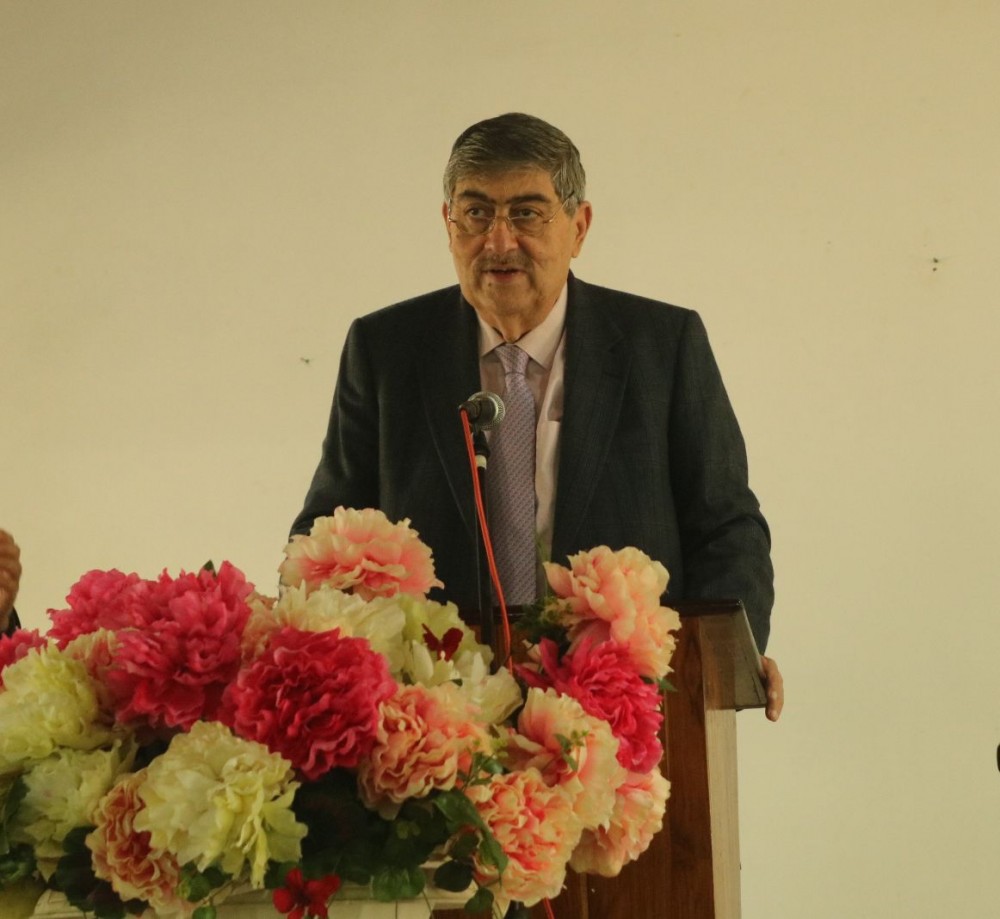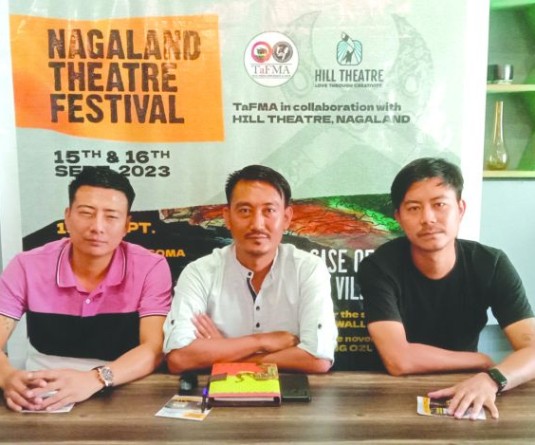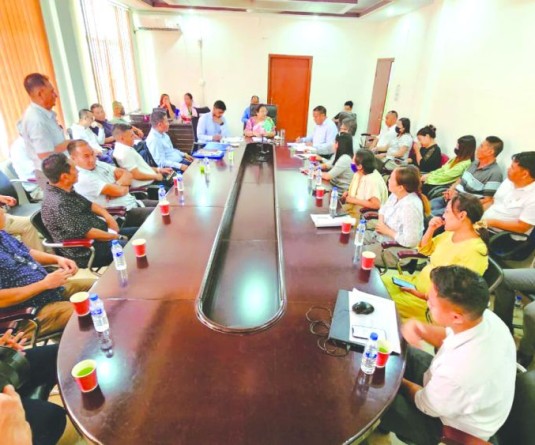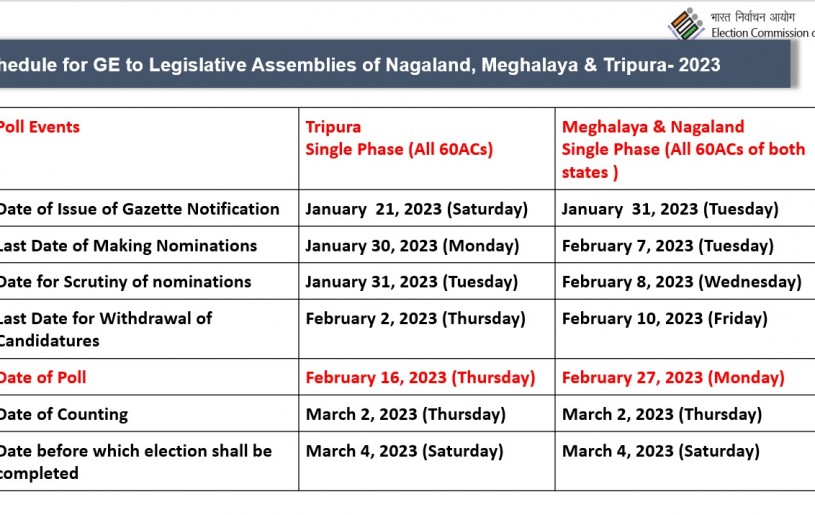Supreme Court Judge, Justice Sanjay Kishan Kaul speaking during inaugural event of the Legal Services Clinic at Patkai Christian College (Autonomous) on December 11. (Morung Photo)

Morung Express News
Patkai | December 11
Informal methods are equally important to resolve disputes in the society, opined Justice Sanjay Kishan Kaul, Judge, Supreme Court of India and Executive Chairperson, National Legal Services Authority (NLSA) on Sunday.
There are formal and informal methodologies and the endeavor is to use both in resolving disputes and try to make society a more peaceful place, he noted, speaking at the inauguration of a Legal Services Clinic at Patkai Christian College (Autonomous), Seithekema-Chümoukedima on December 11.
To this end, Justice Kaul noted that while the judiciary as a formal legal institution is important, other methods, including the Naga history of resolving disputes by traditional methods, are crucial.
He further likened a legal institution to a pressure cooker, adding, “I always say this is like pressure cooker...If there was no court institution, people will take decisions in their own hands and it will cause violence.”
According to him, some of the many informal methodologies include those legal services offered by the Nagaland State Legal Services Authority (NSLSA), under the aegis of NLSA. However, the Judge emphasised that the idea was not to replace these methods but to learn from each other.
Stating that the judiciary was keen to protect the traditional cause and methods, Justice Kaul said that the basic reason and endeavour for setting up a legal services institution is to use the methods and ‘learn how a society can survive together by resolving own its disputes.’
“So, the work of the legal Services Authority spreads to attending to their small legal needs and issues which may not be strictly called litigation methods but can also have the potentiality of meeting the needs,” he underscored.
‘Knowing the amount litigation this country has, I think it's the most important thing that we manage to resolve these disputes, rather than taking every litigation through a process,’ he said while adding that many social issues can be resolved outside the court.
One advantage of deliberating outside the court, Justice Kaul cited, is the ability to listen to both the parties and the lawyers to give their views. As the courts are governed by certain rules and parameters of the law, often such processes are limited, including the method of mutual settlement, he said.
The Judge also shared instance on how he sometimes employs the mutual resolution of issues during hearings and batted for advantages of community legal services, settlements and mediation, not possible in a formal legal scenario.
Citing another case of competitors becoming collaborators over a trademark issue, Justice Kaul also stressed on the power of being “able to think, talk and find solutions.’
Meanwhile, keeping in mind the motto of NLSA, ‘Access to Justice for All,’ he said the culture of settlement should begin from educational institutions. It is also a method of building together a better society, without impeding the interest of others, recognising where the boundary line lies, and why the issue is prevailing.
He further stated that legal awareness is as important a process of enforcement of rights, by posing, ‘how can you assert your rights if you are not aware (of these rights)?’
The legal clinic also provides legal assistance and awareness to the socially and economically backward sections.
From the economic point of view, he said if people want to come invest from different parts of the world, they need to have confidence in resolution of the disputes.
Justice Kaul also noted that the purpose of setting up nationwide legal clinics was also to give insight into the legal issues faced by the common people to the students and acclimatise them.
Meanwhile, Justice Kaul informed that he is planning to hold next East Zone conference in the North East.






